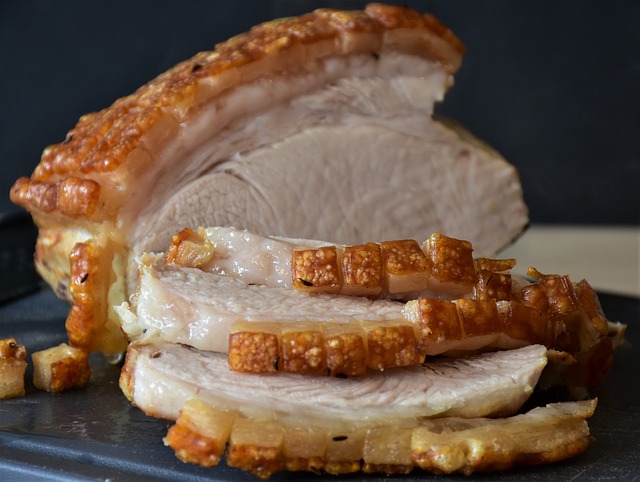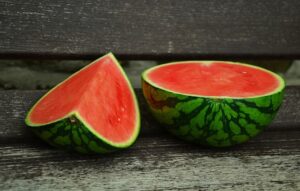Introduction
Protein is an essential component of our hair structure, providing strength, elasticity, and overall health. However, just like our bodies, hair can sometimes lack protein, leading to various issues such as breakage, brittleness, and dullness. So, how do you know if your hair needs protein? In this article, we will explore the signs that indicate your hair may be lacking protein and discuss ways to incorporate protein into your hair care routine.
Signs of Protein Deficiency in Hair
Excessive Breakage: One of the most common signs that your hair needs protein is excessive breakage. If you notice that your hair is breaking easily, even with minimal manipulation, it could be a sign of protein deficiency. Protein helps to strengthen the hair shaft, and without enough of it, your hair becomes weak and prone to breakage.
Elasticity Loss: Elasticity refers to your hair’s ability to stretch and return to its original shape without breaking. If your hair lacks protein, it may lose its natural elasticity, leading to hair that feels stiff and brittle. To test your hair’s elasticity, gently stretch a strand when wet. If it doesn’t bounce back and instead snaps or feels weak, it may be a sign of protein deficiency.
Dull and Lifeless Hair: Protein-deficient hair often appears dull, lifeless, and lacking in shine. Protein helps to seal the hair cuticle, which reflects light and gives your hair a healthy, vibrant appearance. When your hair lacks protein, the cuticle becomes damaged, resulting in a dull and lackluster look.
Increased Porosity: Porosity refers to your hair’s ability to absorb and retain moisture. When your hair lacks protein, it can become overly porous, meaning it absorbs moisture quickly but struggles to retain it. This can lead to dryness, frizz, and difficulty in maintaining moisture balance in your hair.
How to Incorporate Protein into Your Hair Care Routine
Protein Treatments: Protein treatments are specifically formulated to replenish protein in the hair. Look for products that contain ingredients like hydrolyzed keratin, wheat protein, or silk protein. These treatments can be applied as a deep conditioner or a mask, allowing the protein to penetrate the hair shaft and strengthen it from within.
Protein-Rich Hair Products: Incorporate protein-rich hair products into your regular hair care routine. Look for shampoos, conditioners, and leave-in treatments that contain protein as one of the main ingredients. However, it’s important to strike a balance and not overload your hair with too much protein, as it can lead to stiffness and breakage. Use protein-based products once or twice a week, depending on your hair’s needs.
Dietary Changes: Remember, healthy hair starts from within. Ensure that you have a balanced diet that includes enough protein-rich foods such as lean meats, eggs, legumes, and nuts. Providing your body with the necessary nutrients will help promote healthy hair growth and overall hair health.
Conclusion
Recognizing the signs of protein deficiency in your hair is crucial for maintaining its health and preventing further damage. Excessive breakage, loss of elasticity, dullness, and increased porosity are all indicators that your hair may need protein. By incorporating protein treatments, using protein-rich hair products, and maintaining a balanced diet, you can restore protein levels in your hair and promote its strength and vitality.
References
– WebMD: www.webmd.com
– Healthline: www.healthline.com
– NaturallyCurly: www.naturallycurly.com












